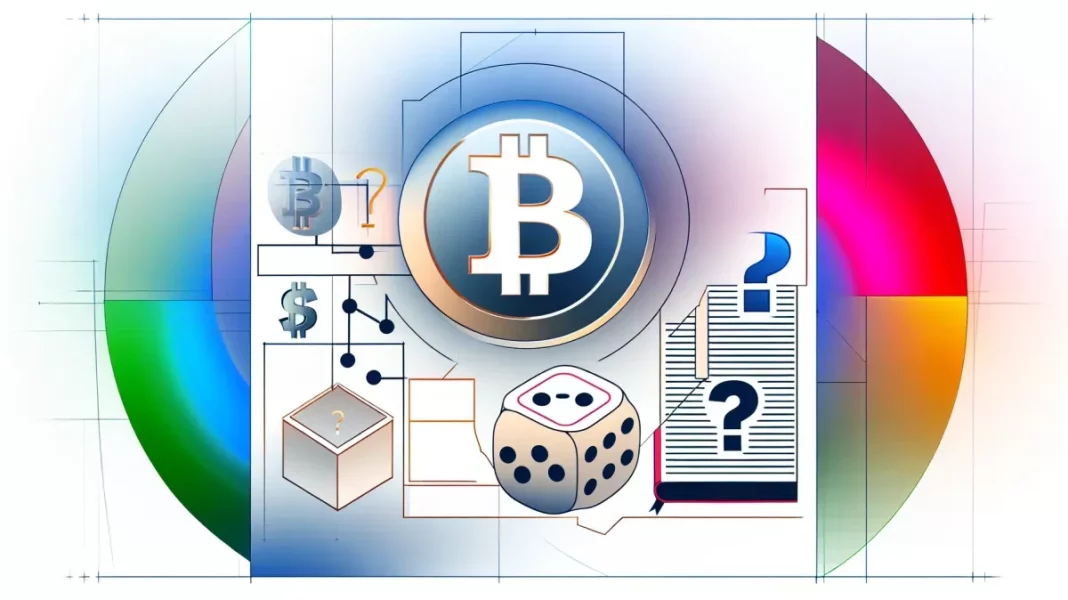In an era dominated by technological advancements, the online gambling scene is undergoing a significant transformation with the incursion of blockchain technology. Among the myriad of applications spurred by the decentralized ledger, decentralized poker rooms are carving out a new niche in the gambling industry. These platforms are shaping the future of online betting, emphasizing security, anonymity, and fairness through peer-to-peer (P2P) interactions supported by smart contracts.
Decentralized poker rooms, also known as ‘trustless’ platforms, operate on blockchain networks where no central authority has control over the game’s outcome. Instead, these platforms use smart contracts to manage the game’s rules, payouts, and the interactions between players. These self-executing contracts with the terms written directly into code are deployed on networks like Ethereum, allowing for a transparent and tamper-proof system.
One revolutionary aspect of decentralized poker rooms is that they offer a P2P betting experience, reminiscent of playing in a real-life setting. Players bet against each other rather than against a house, which fundamentally removes any concerns about the house edge or potentially unfair practices. Every hand played and the associated financial transactions are recorded on the blockchain, providing a verifiable ledger of all activities on the platform.
Smart contracts are at the heart of decentralized poker, ensuring that game outcomes are fair and funds are distributed correctly among players. Once the terms are agreed upon and the contract is deployed, the rules cannot be altered by any party, meaning the room operates on complete automation with the pre-defined rules of the game.
This system also addresses the issue of prompt and fair payouts, which has historically been a thorn in the side of online gambling. In the decentralized model, as soon as the game concludes, the smart contract automatically executes the payout to the winner’s cryptocurrency wallet, according to the pre-established rules, eliminating delay and the potential for human error or manipulation.
Moreover, anonymity is integral to decentralized poker rooms. While traditional online gambling websites require players to go through rigorous sign-ups and often hand over personal and financial details, platforms that utilize blockchain technology enable users to engage in betting activities with only a digital wallet address. This pseudonymous approach not only enhances privacy but also ensures that players from geographical regions with restrictive regulations can participate without barriers.
However, the emergence of decentralized poker rooms is not devoid of challenges. Regulation remains the most prominent hurdle, as governments around the world grapple with how to deal with the borderless and semi-anonymous nature of cryptocurrency transactions. Additionally, the current user experience offered by blockchain platforms can sometimes lag behind that of their centralized counterparts. As developers continue to improve the interface and ensure the stability of these platforms, it is anticipated that more players will migrate to decentralized poker rooms.
Another aspect to consider is the volatility of cryptocurrencies. The digital assets used for bets in decentralized poker rooms can experience significant price fluctuations, adding another layer of risk, or for some players, opportunity, to the gambling experience. Players must be aware of the value changes in the cryptocurrency they are using to avoid unexpected losses or gains that go beyond the poker game’s outcomes.
With the use of cryptocurrency and smart contracts, players reap the benefits of reduced costs as well—a critical pain point in traditional online gambling. Transaction fees are often negligible on the blockchain, and without a central authority taking a cut, more winnings are returned to the players. This economic advantage is a strong driver for the adoption of decentralized poker, potentially ushering in a new era for the gambling industry.
Decentralized poker rooms are redefining the norms of online gambling, testing the waters in uncharted territories. As these platforms continue to evolve and address the challenges they face, they could establish new standards for fairness, security, and player empowerment in the online betting domain. The promise of decentralized poker is vast and, as technology advances and more users demand transparency and control over their betting experiences, the stage is set for these platforms to flourish.
While the revolution is still in its infancy, proponents of blockchain and smart contract technology advocate that the future of online poker lies in these decentralized spaces, where trust is not placed in a single entity but is distributed across a network that prudently instills fairness in every deal of the cards. As the industry watches this evolution, it’s clear that decentralized poker rooms have dealt a hand that could very well change the game forever.



